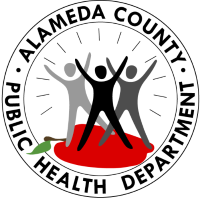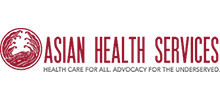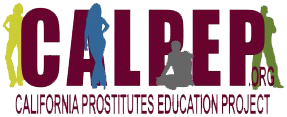Early Intervention Services (EIS)
Identifying your HIV status is pivotal to setting the stage for disease management.
Early Intervention Services (EIS) include counseling individuals about HIV/AIDS; targeted HIV testing (including tests to confirm the presence of the disease, tests to diagnose the extent of immune deficiency, and tests to determine appropriate therapies); referral services to improve HIV care and treatment services at key points of entry; access and linkage to HIV care and treatment services, such as Outpatient / Ambulatory Health Services, Medical Case Management, and Substance Abuse Care; and Outreach Services and Health Education / Risk Reduction related to HIV diagnosis.
These services are meant to actively reach into the community to identify people at the earliest point in their diagnosis of HIV disease. Early intervention services offer information, referrals and treatment to help individuals engage in medical care and access other services as necessary to help them maintain themselves in medical care.
Not only is it important to determine whether you are positive or negative, but in gauging how intensely the disease has affected your immune system helps to determine the course of treatment. Because HIV may or may not be diagnosed with notable symptoms, it is imperative to get into a care plan that includes medication which can help to combat the disease.
You may also have other concerns, in your life, that limit your ability to take medication or access care. Simple things such as transportation or inability to swallow pills, should not become barriers to your care. Even disclosing your newly identified status to friends and family, can become a frightening experience. You don’t have to “go-it” alone.
Funded Provider Roster






